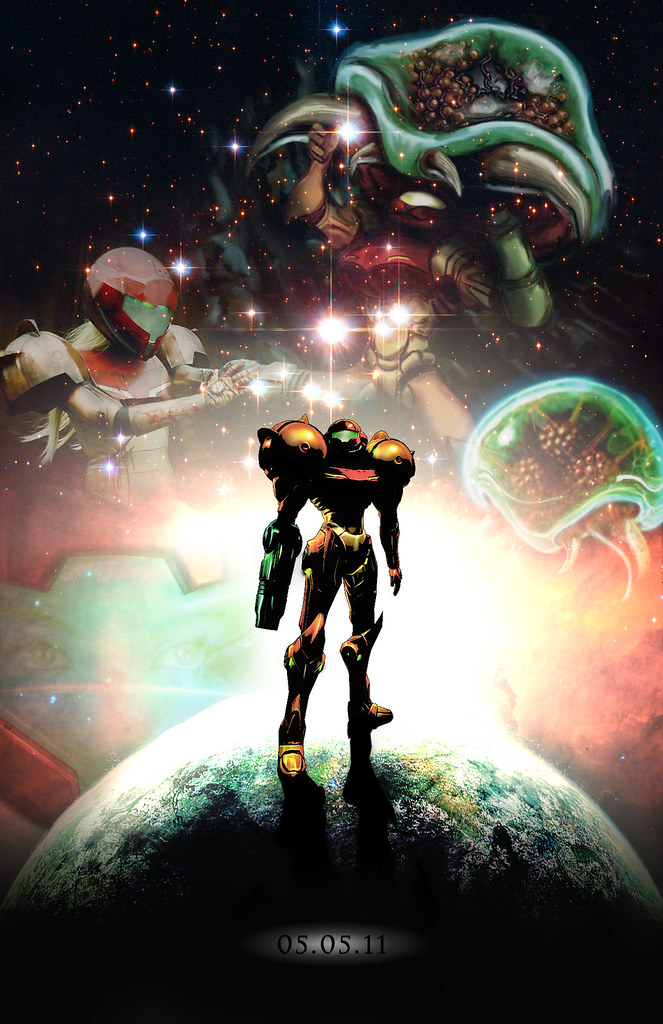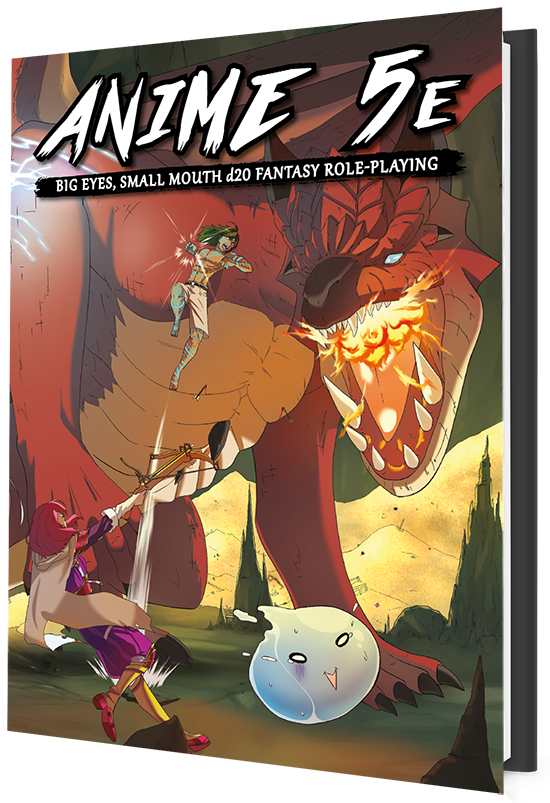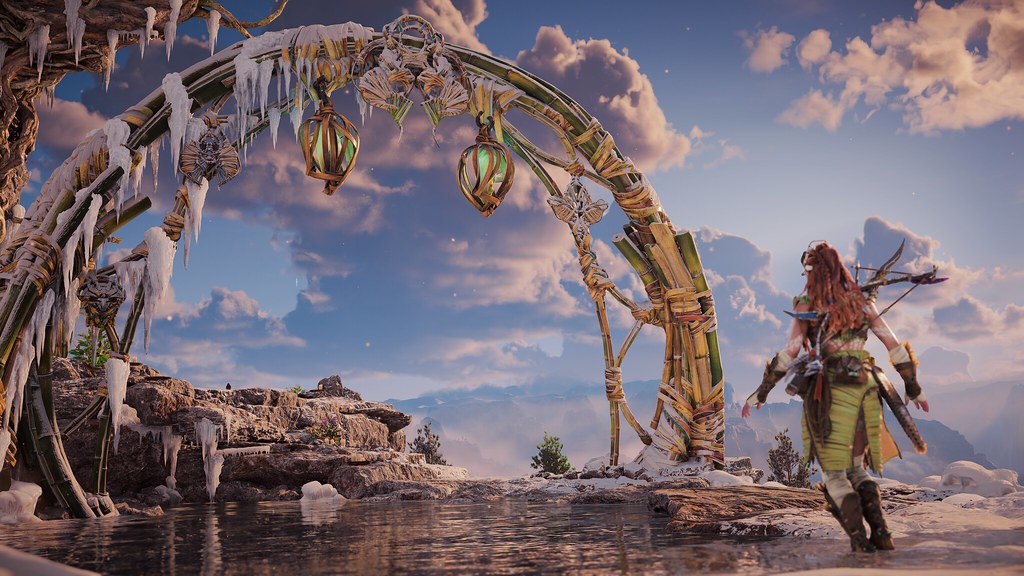In the pantheon of video game icons, few characters boast the enduring legacy of Samus Aran, the interstellar bounty hunter at the heart of Nintendo’s Metroid series. Since her debut in 1986, Samus has become a symbol of strength, resilience, and the unexpected, shattering expectations and alien skulls with equal aplomb. But what many fans may not know is the curious tale of how a fundamental misunderstanding of her profession led to the shelving of a potentially groundbreaking chapter in her saga—an open world adventure that never saw the light of day.

The Evolution of Samus Aran: From Mystery to Icon
Samus Aran, as conceived by Japanese video game designer Makoto Kano and brought to life by artist Hiroji Kiyotake, was a character shrouded in mystery. Her gender was obscured by the bulky Power Suit, and her motives were as enigmatic as the alien landscapes she explored. Raised by the birdlike Chozo and infused with their DNA, Samus’s story is one of tragedy, transformation, and transcendence. An ex-soldier turned galactic enforcer, she carried out missions for the Galactic Federation and her Chozo benefactors, battling nefarious entities like the Space Pirates, Mother Brain, and the parasitic X.
The Metroid series, with its blend of exploration, action, and atmospheric storytelling, has long been celebrated for its innovation and influence. Samus herself has been a trailblazer, one of the earliest female protagonists in video games, challenging gender norms and inspiring players worldwide. Her portrayal has evolved over the years, from the silent warrior of the early games to the more expressive, albeit controversial, character seen in titles like Metroid: Other M.
Despite her rich history, there remains a curious footnote in the annals of Metroid lore. Retro Studios, known for their work on the Metroid Prime series, once pitched an idea for an open world Metroid game. This concept would have seen Samus capturing criminals across the galaxy, collecting bounties in a vast, uncharted expanse. It was a bold vision, one that would have expanded the scope of the Metroid universe and offered players an unprecedented level of freedom.
This ambitious project was ultimately shot down. The reason? A surprising admission from Nintendo that, despite labeling Samus as a bounty hunter since her inception, they didn’t truly grasp what the term meant. The title was chosen for its cool factor, without a full understanding of the profession’s implications. Nintendo’s vision of Samus was less the hard-edged mercenary and more the altruistic adventurer, a ‘motherly’ figure on a quest to protect the cosmos.
This revelation raises fascinating questions about the nature of character creation and the evolution of game design. It also speaks to the challenges of translating a concept across cultural and linguistic barriers. The term ‘bounty hunter’ conjures images of a lone wolf tracking down outlaws for cash—a far cry from the selfless heroism typically associated with Nintendo’s protagonists.
The scrapped open world game represents a path not taken, a ‘what if’ scenario that tantalizes with its possibilities. What adventures might Samus have embarked upon in such a setting? How would the mechanics of bounty hunting have meshed with the exploration and puzzle-solving that are hallmarks of the series? And how might this have altered the trajectory of one of gaming’s most beloved franchises?
As we delve into the history and significance of Samus Aran, we’ll explore these questions and more. We’ll examine the character’s origins, her impact on the gaming landscape, and the creative decisions that have shaped her journey. From the depths of Zebes to the heights of Tallon IV, join us on a voyage through the stars, tracing the path of the galaxy’s most enigmatic bounty hunter.
The Open World Metroid Vision: A Leap Too Far for Nintendo?
The idea of an open-world Metroid game where Samus Aran, the iconic bounty hunter, could traverse vast landscapes and capture criminals for rewards was a tantalizing prospect for fans of the series. It promised a fresh take on the Metroid formula, blending the series’ signature exploration and atmospheric storytelling with the freedom and emergent gameplay that open-world design allows. However, this vision was ultimately not to be, as Nintendo, the steward of the Metroid franchise, decided against pursuing this direction.
The concept of an open-world game is not new to the gaming industry. It’s a genre that has seen tremendous success with titles like The Legend of Zelda: Breath of the Wild and the Grand Theft Auto series. These games offer players a sandbox in which they can explore, undertake missions, and interact with the world at their own pace. For Metroid, a series that has traditionally been more linear in its approach, this would have been a significant departure.
The open-world format seemed like a natural evolution for Samus’s adventures. After all, the Metroid series is known for its expansive and interconnected environments. Players have long enjoyed the thrill of discovering new areas, unlocking abilities that allow further exploration, and piecing together the lore of Samus’s universe. An open-world game could have amplified these elements, giving players an entire galaxy to explore and a plethora of targets to hunt.
Imagine the possibilities: planets with diverse ecosystems, each with their unique challenges and secrets. Samus could have tracked her prey across deserts, through jungles, and into the depths of alien oceans. The game could have introduced a dynamic weather system, affecting visibility and enemy behavior, adding another layer of strategy to Samus’s hunts. The player’s actions could have influenced the balance of power in the galaxy, with captured criminals affecting the operations of the Space Pirates and other antagonistic forces.

The bounty hunting mechanics themselves could have been a significant addition to the gameplay. Rather than simply defeating enemies, Samus would have needed to capture them, perhaps using non-lethal means to bring them in alive for a higher reward. This could have introduced a new set of gadgets and abilities to her arsenal, expanding on the already iconic Power Suit and its myriad functions.
Nintendo’s admission that they did not fully understand the concept of a bounty hunter raises questions about how this gameplay mechanic would have been implemented. The term ‘bounty hunter’ suggests a certain moral ambiguity, a character who operates on the fringes of society, motivated by profit rather than altruism. This is in stark contrast to the ‘motherly’ and ‘altruistic’ adventurer that Nintendo envisioned Samus to be. It seems that the open-world concept, with its implications of a grittier, more morally complex protagonist, was at odds with the character Nintendo had cultivated over the years.
The decision to not pursue the open-world Metroid game may also reflect a broader hesitation within Nintendo to take risks with its established franchises. While the company is known for its innovation, it also maintains a careful stewardship over its most beloved characters and series. An open-world Metroid game would have been a significant gamble, one that might have alienated longtime fans if not executed perfectly.
The open-world Metroid game remains a ‘what could have been’ scenario. It’s a concept that continues to intrigue and inspire speculation among the Metroid fan community. While we may never see this particular vision come to fruition, the idea of Samus Aran as a true bounty hunter, operating in a vast and unfettered galaxy, is a dream that still captures the imagination.
As we reflect on the potential of an open-world Metroid, we can’t help but wonder about the future of the series. Will Nintendo ever revisit this concept, or will they continue to explore new directions for Samus’s adventures? Only time will tell. What we do know is that Samus Aran, the Metroid and Chozo-infused human, will continue to be a beacon of strength and resilience in the video game world, whether she’s navigating the corridors of Zebes or the open expanses of a galaxy yet uncharted.
Related posts:
Samus Aran
Random: Nintendo Didn’t Know What A Bounty Hunter Was Before Metroid Prime
Nintendo didn’t want an open world Metroid Prime 3 because it didn’t know what bounty hunting was





